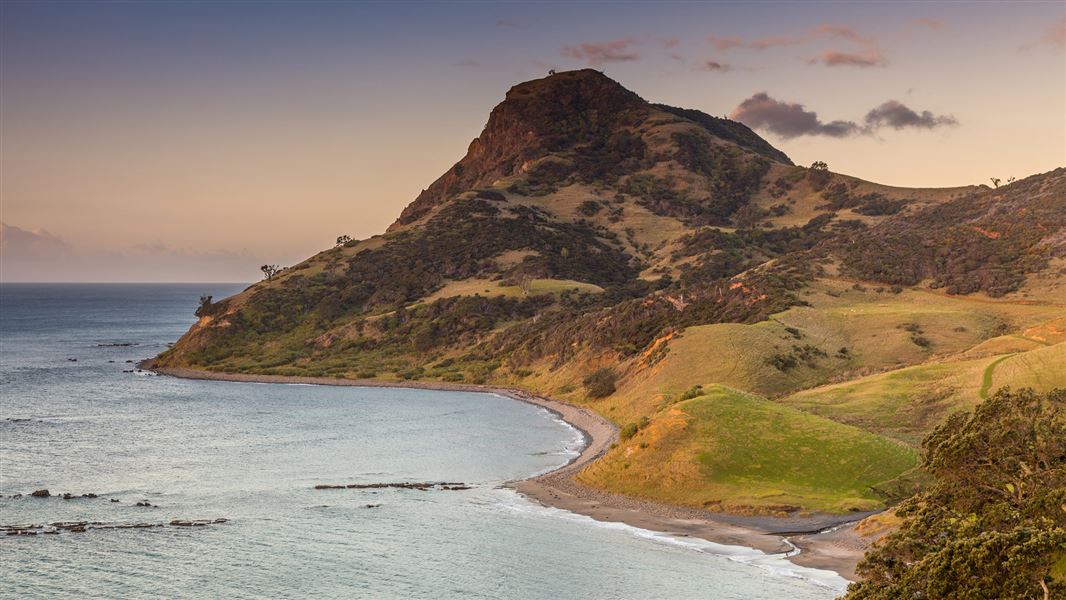All campgrounds in the Northern Coromandel are now Pack In, Pack Out for waste management.
Head north from Coromandel town to Colville. At the t-intersection 2.9 km north of Colville, turn left onto Port Jackson Road for the western side camps or turn right onto Port Charles Road for the eastern side camps.
Both roads are no exit roads, ending at Fletcher Bay and Stony Bay with the 10 km Coromandel Coastal walkway in-between. The Waikawau Beach Road will take you back to Coromandel town.
The Northern Coromandel Campgrounds offer visitors an isolated back to nature conservation experience so make sure you come prepared and are self-sufficient.
Booking
Booking online for all camps is recommended.
If you have not booked in advance, bring the right amount of cash for your self-registration. Eftpos may be available with our mobile DOC Rangers during the peak summer period.
Fires
Fires are not allowed in any of the Northern Coromandel campsites.
Dogs
Dogs and other domestic animals are strictly prohibited at campsites and on DOC land in the Northern Coromandel.
Waste
All Northern Coromandel campgrounds operate on a Pack In Pack Out policy. There are no facilities for waste disposal or recycling. The nearest waste transfer station is Hauraki Road, Coromandel.
To reduce smells and vermin, it's a good idea to bring your own sealed buckets for food waste. Waikawau Bay Campground does have a compost bin for your use though.
Water
You should boil all water from Coromandel rivers, streams and campsites before drinking to eliminate any risk of infection from giardia. Waikawau Bay camp now has a filtered water system. But we recommend still boiling your water before you use it.
Toilets
All campgrounds have toilets. Campers may use their own chemical toilets. For health reasons, pit toilets are not allowed.
Behaviour
We expect good behaviour from visitors to conservation areas:
- Loud noise and obscene language will not be tolerated and offenders may face prosecution and will be asked to leave the camp.
- Remember to treat the natural environment and all who live in it with care.
- Keep all vehicles off beaches unless launching in an approved area.
- Leave gates as you find them and respect any access restrictions.
- The marine environment is very fragile and vulnerable to over-harvesting, so take only what you need and no more than the legal limit.
